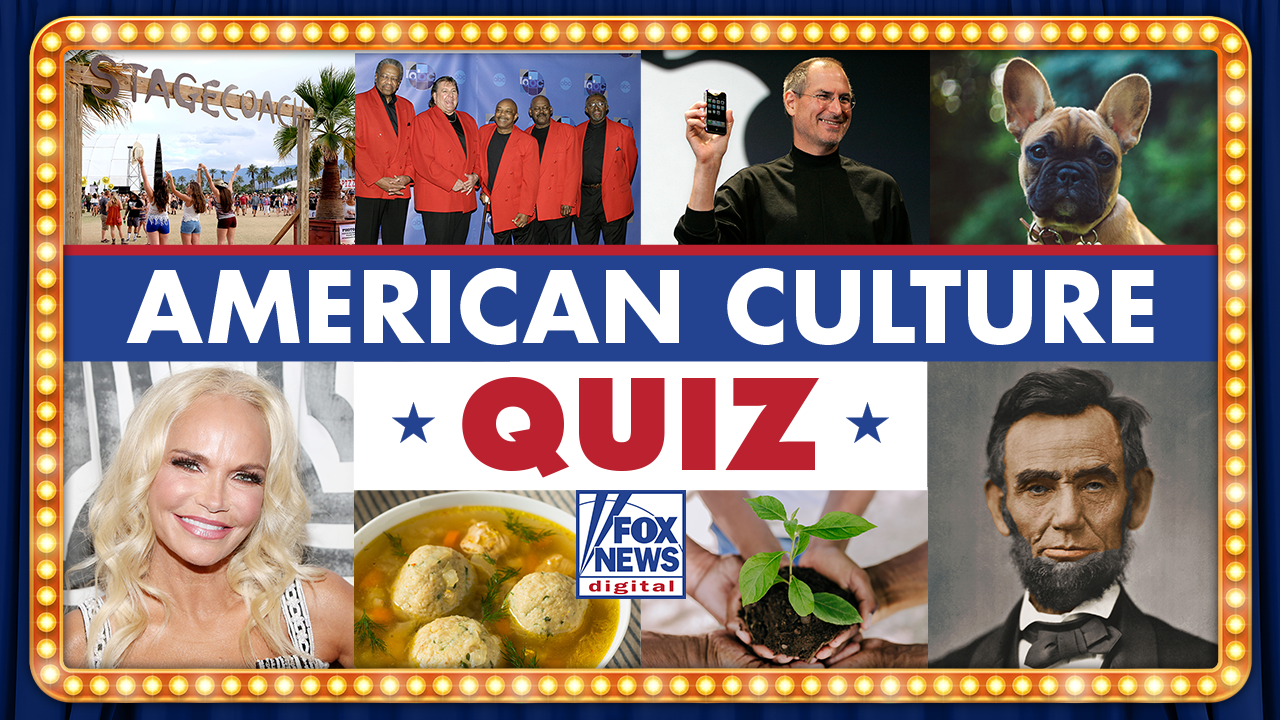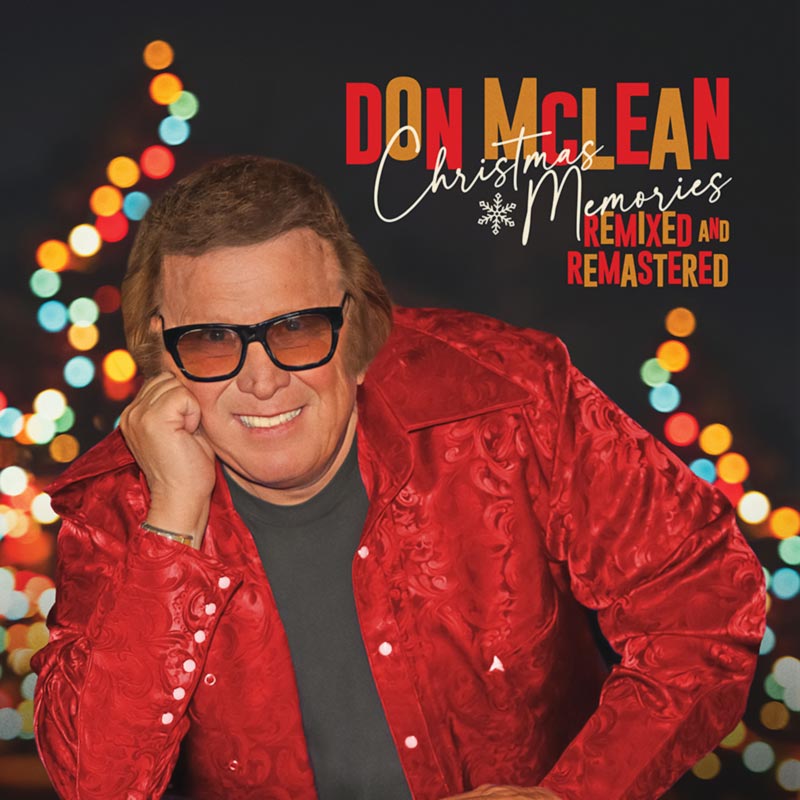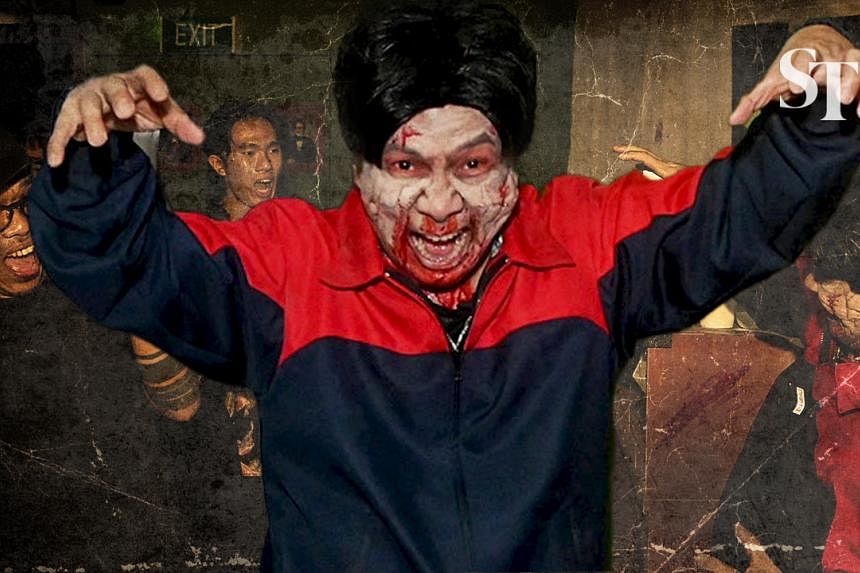








Once upon a time, in a world where media and culture intertwined, the impact on society was profound. It all started with an exploration of Halloween decorations and the changing demographics of Halloween celebrations [8547f4a1]. The article delved into the decline of college football dominance in New England, the renovation of a historic building, and a regional partnership for renewable energy projects [eb7f7fb3]. Another article discussed holiday memories, a beloved book turned into a film, and the importance of positive values and trust in God in media and culture [248812c2].
But the impact of media and culture on society went beyond these topics. It extended to the need for parking spaces in new developments despite the rise of alternative transportation methods [4ca6f40e]. The article argued that cars were still necessary for various reasons, such as grocery shopping and transportation during extreme weather conditions. It proposed that city officials should plan for additional parking spaces funded by developers who do not provide on-site parking. The article also touched upon the Comstock Laws of 1873, which banned obscene literature and violated freedom of speech. It emphasized the importance of individuals having the right to access and interpret material without government interference. Furthermore, the controversy surrounding a book's removal from library shelves was discussed, with the author defending the book's educational value on trust, reporting misconduct, and sexual assault.
In another article, the focus shifted to the impact and legacy of the film 'Deep Throat' 50 years after its release [79603550]. The author reflected on the cultural and political significance of the film, its role in the sexual revolution of the 1970s, and the controversies and legal battles it faced. The article also explored the life of Linda Lovelace, the film's star, and her later involvement in anti-pornography activism. It provided a historical and cultural analysis of 'Deep Throat' and its lasting impact on society.
The common theme that emerged from these inputs was the profound influence of media and culture on society. It highlighted how media shapes our perceptions, influences our behaviors, and sparks societal debates. From Halloween decorations to controversial films, the impact of media and culture is far-reaching and ever-evolving.
In a recent article titled 'Have you ever caused a scene?' [2e89061e], the prevalence of dramatic and attention-seeking behavior in society is discussed. The article highlights how social media and the rejection of traditional norms of behavior have contributed to an increase in public spectacles and outbursts. The author acknowledges the importance of maintaining civility but also appreciates the entertainment value of scenes and displays of emotion. The article concludes with a humorous anecdote about a stolen cardigan and sneakers. Overall, the article explores the idea that scenes and dramatic events are a part of human nature and can add excitement to life.
In a new article titled '175 Controversial Questions to Spark Debate—From Politics to Pop Culture' [40b45828], a list of 175 controversial questions is provided to ignite discussions on various topics. These questions cover politics, pop culture, social issues, U.S. politics, the economy, education, the environment, legal and criminal justice, business and industry, healthcare, ethics and morality, and diet and nutrition. The article aims to encourage healthy debates and critical thinking by posing thought-provoking questions that challenge conventional wisdom and stimulate intellectual discourse. It acknowledges that controversial topics can be divisive but emphasizes the importance of respectful and open-minded conversations to foster understanding and growth. The article provides a platform for individuals to engage in meaningful discussions and explore different perspectives on contentious issues that shape our society.
In a quiz titled 'American Culture Quiz: From pop performers to popular pups, how well do you know our nation?' [7729b03f], readers are invited to test their knowledge of American culture. The quiz covers topics such as entertainers, Earth Day, Passover, music festivals, U.S. presidents, music labels, dog breeds, and botanical gardens. It consists of eight questions that challenge readers to identify the year of the first Earth Day celebration, the replacement actress in Broadway's 'Doubt,' the observance of Passover, the location of the Stagecoach country music festival, the U.S. president who died, the music label associated with The Funk Brothers, the most popular dog breed in the U.S., and the state where the Betty Ford Alpine Gardens is located. The quiz aims to test readers' knowledge of various aspects of American culture and provide an engaging and interactive experience. It is available on the Fox News website [7729b03f].
In an opinion piece titled 'What is lost when we no longer have a shared culture?' [1b32cc77], the impact of a monoculture society on shared culture is explored. The article reflects on a period in America, roughly 1940-2000, when there was a largely shared culture. People watched the same TV shows and movies, read the same newspapers, and listened to the same radio stations. However, with the advent of the Internet, this shared culture has diminished. The article discusses how these changes affect how we live today and highlights that throughout history, most people have never been part of a monoculture. The article raises questions about what is lost when we no longer have a shared culture and how it impacts society [1b32cc77].